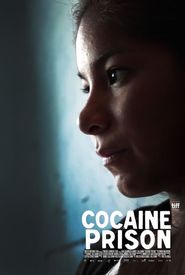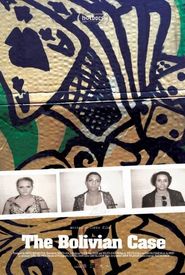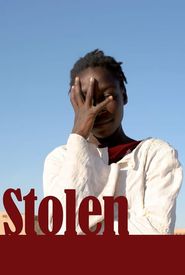Violeta Ayala is a multifaceted creative force, boasting a wide range of skills and accomplishments as a Quechua filmmaker, writer, artist, and technologist. Her extensive credits include Prison X (2021),a VR animation that premiered at the prestigious Sundance Film Festival, as well as Cocaine Prison (2017),The Fight (2017),The Bolivian Case (2015),and Stolen (2009).
Her films have garnered widespread recognition, premiering at prominent festivals such as the Toronto International Film Festival, and screening in hundreds of festivals worldwide. They have also been distributed in cinemas in France and Bolivia, as well as on various platforms like The Guardian, PBS, Amazon Prime, and others.
Throughout her career, Violeta has received numerous accolades, including 50 awards and nominations for prestigious honors like the Walkey Award, the IDA in Los Angeles, and the Rory Peck Sony Impact Award in London.
In 2013, she was invited by Arianna Huffington to write an opinion column for the Huffington Post, further solidifying her reputation as a thought leader. Violeta's exploration of Virtual Reality and Artificial Intelligence began in 2015, and she has since been recognized for her innovative work in these fields.
In 2017, she was featured in a conversation with Foreign Director Tony Calvin at CBS News, and the following year, she won the Jaime Escalante medal-of-honor for her outstanding talent in filmmaking.
Violeta has also shared her expertise through masterclasses and panel discussions, including a Tempo Impact Conference in Stockholm and AIDC in Melbourne. In 2019, she was invited to the Sundance Film Festival as a New Frontier Talent Fellow, and was one of nine leading New Media creators selected worldwide for the CPH Lab in Copenhagen.
She has also given keynotes at prominent events, such as the IFEX 2019 conference in Berlin, and has been invited to develop her VR, AI, and robotics practice at the MIT in Boston.
In 2020, Violeta returned to Sundance as a guest luminary for the MacArthur Foundation panel on "Editing History," and was subsequently invited to join The Academy of Motion Picture Arts and Sciences (AMPAS) as the first Quechua filmmaker to do so, solidifying her place among the industry's elite.


















